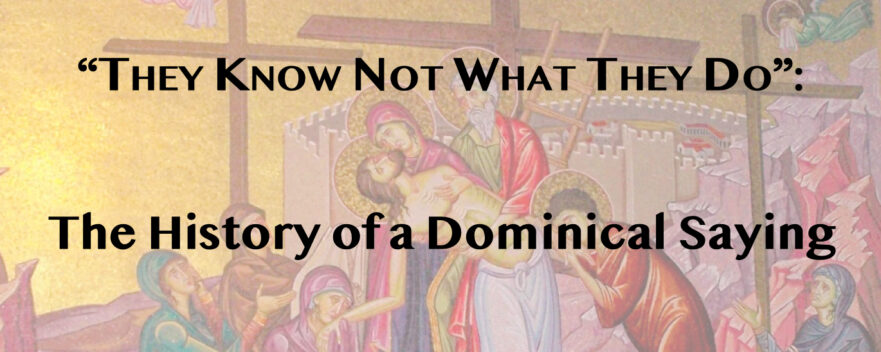How Luke 23:34 became embroiled in the Church’s conflicted relationship with its Jewish Roots.
Praying Like Gentiles
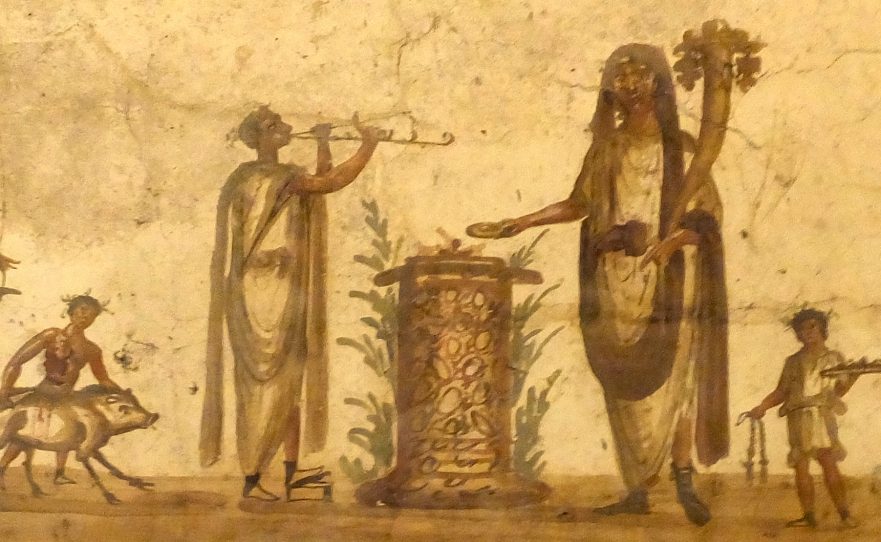
What can Jesus’ warnings against praying like Gentiles teach us about Jesus’ relationship to Second Temple Judaism and his attitude toward non-Jews?
World’s Oldest Biblical Scroll Discovered?

This past Wednesday evening (21 September, 2016) the BBC reported that a scroll discovered in the ancient synagogue at Ein Gedi “reveals the earliest text ever found of the Old Testament.” Is this startling claim true?
The Numbers Game: Bible Codes (Numerology and Gematria)

Biblical writers infrequently consciously used numerical patterns or codes in their compositions.
The “King James Only” Debate

Have you read a book called New Age Bible Versions by Gail Riplinger? She claims that the only reliable translation of the Bible is the King James Version.
Sunshine For Everybody

Song of Songs Zuta is a rabbinic commentary on the Song of Songs. It may be characterized as exegetical and haggadic. In contrast to the better known Song of Songs Rabbah, Song of Songs Zuta is shorter in length. The words rabbah (great) and zuta (small) imply this contrast.
Toward an Inerrant View of Scripture
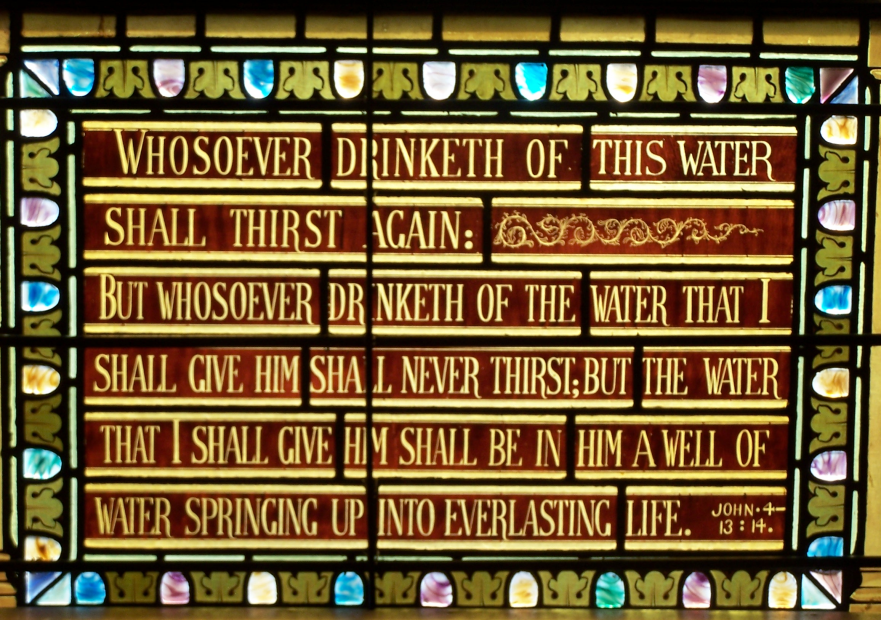
No biblical autographs have survived. There are only manuscripts which were copied from earlier manuscripts, which were copied from still earlier manuscripts, and so on. To speak of an autograph as inerrant, we are essentially claiming that Scripture USED to be inerrant.
Scholars and Saints: A Critical Collaboration
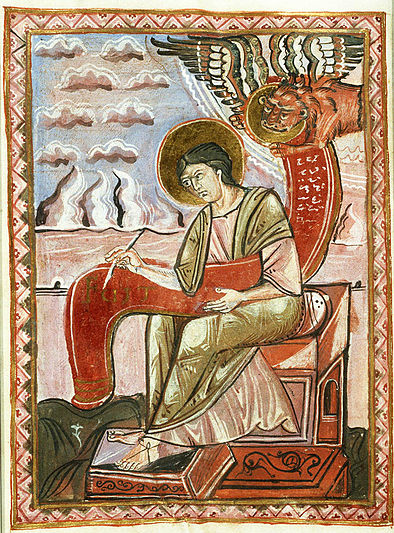
Most academics would question the value of attempting to identify material originating from the historical Jesus because Matthew, Mark and Luke are not historical narratives in the modern sense.
“Prophets and Kings”: The Evangelist Luke’s Curious Doublet

In a beautiful statement that probably referred to the Kingdom of Heaven, Jesus proclaimed to his disciples, according to Luke, that “many prophets and kings” desired to see and hear what they (his disciples) are seeing and hearing. Matthew preserves the same saying, but in Matthew’s account the doublet is, “prophets and righteous persons.” The wording of Jesus’ saying in these two accounts is so similar that it appears likely that their slight differences reflect literary, or editorial, changes rather than different versions of the saying uttered by Jesus on different occasions. If so, which of these gospel accounts preserves the more original form of Jesus’ saying? Did Jesus say “prophets and kings” or “prophets and righteous persons”?
The Transparent Agenda
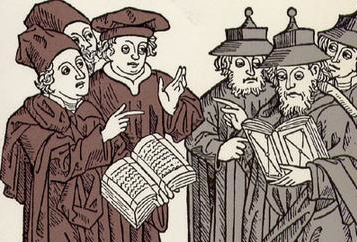
As practitioners of Jesus’ teachings, our conduct certainly should be characterized by charity, but a helping hand with strings attached or expectations appended is not pleasant. This constitutes one of the mysterious aspects of the kingdom of heaven. It is The Transparent Agenda, a mandate to do good to all without prejudice and without expectations.
Reconstructing the Words of Jesus
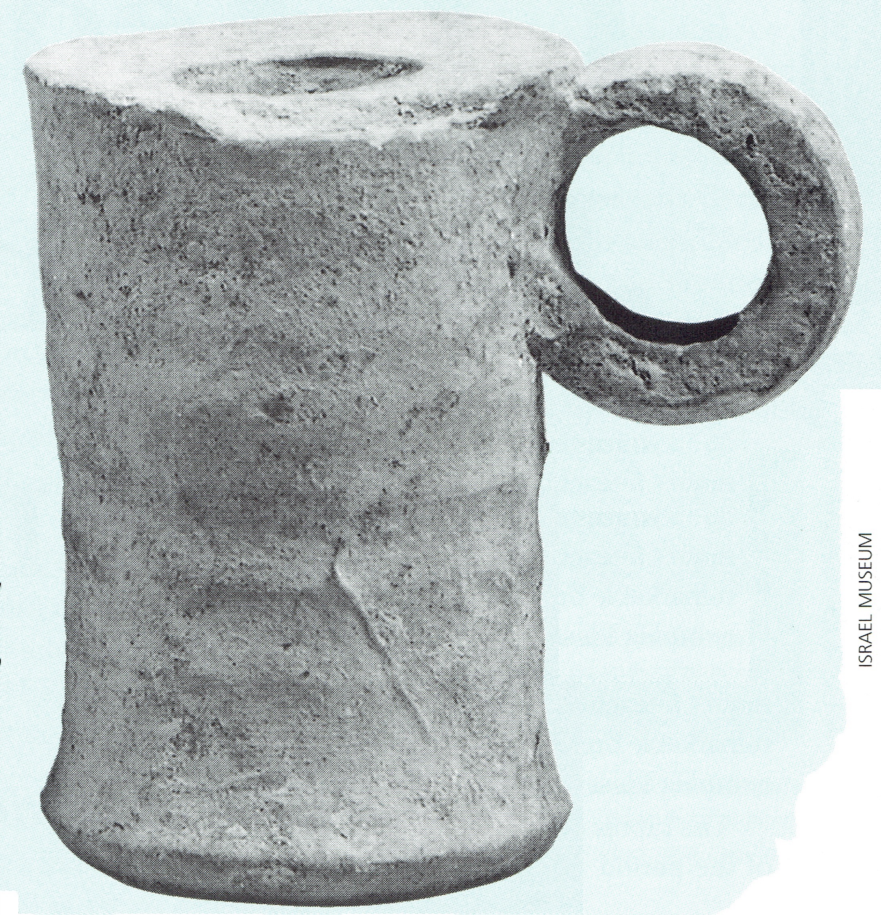
If we keep in mind that Jesus and his disciples and hearers were not speaking Greek but rather Hebrew or Aramaic, or both, then we can see that we will only arrive at Jesus’ original words by translating the Greek texts of speeches in the synoptic Gospels back into their Semitic original.
Scirbal Scribal Errors
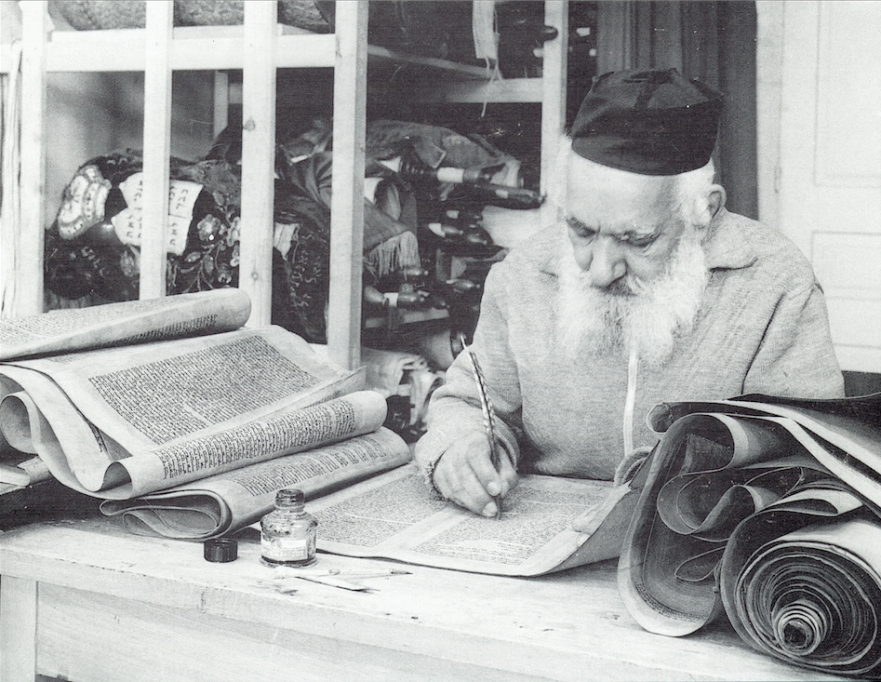
There are about 1,500 scribal errors in the Hebrew Scriptures. The letters vav and yod, for instance, were often confused by ancient copyists of the Bible. The two letters are so similar that they are easily confused. In fact, writing by mistake a vav instead of a yod, or vice versa, is the most common scribal error.

